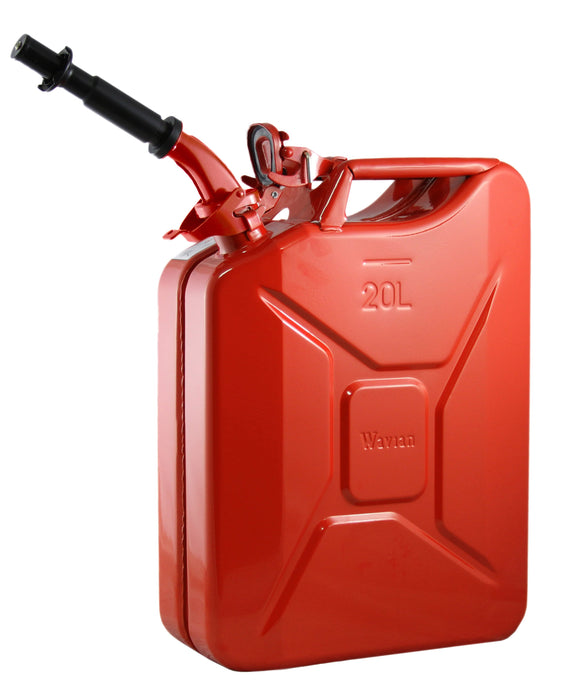- Joined
- Dec 13, 2017
- Messages
- 1,581
Recently I took delivery of some quality jerry cans.
The ones that are hermetically sealed and NOT vented so they minimize the evaporation of the light fractions of the fuel.
My move earlier this year took me further than a one tanks worth drive from my BOL.
I have two 4x4 SUVs i rotate week by week.
One of them is always topped off before I switch to the other.
Even so a tankful is not enough to get to my BOL.
So to be able to travel there during a general blackout or fuel crises I finally got the high quality Jerry cans.
https://www.jerrycan.com/wavian-brand/
Filled them with 93 Octane Ethanol free gasoline (one of my vehicles wants 91 the other 87).
Then added stabilizer
5 x 5 gallons extra fuel, in addition to a full tank= enough range to make it there even with my gas guzzlers
The ones that are hermetically sealed and NOT vented so they minimize the evaporation of the light fractions of the fuel.
My move earlier this year took me further than a one tanks worth drive from my BOL.
I have two 4x4 SUVs i rotate week by week.
One of them is always topped off before I switch to the other.
Even so a tankful is not enough to get to my BOL.
So to be able to travel there during a general blackout or fuel crises I finally got the high quality Jerry cans.
https://www.jerrycan.com/wavian-brand/
Filled them with 93 Octane Ethanol free gasoline (one of my vehicles wants 91 the other 87).
Then added stabilizer
5 x 5 gallons extra fuel, in addition to a full tank= enough range to make it there even with my gas guzzlers
Last edited:












